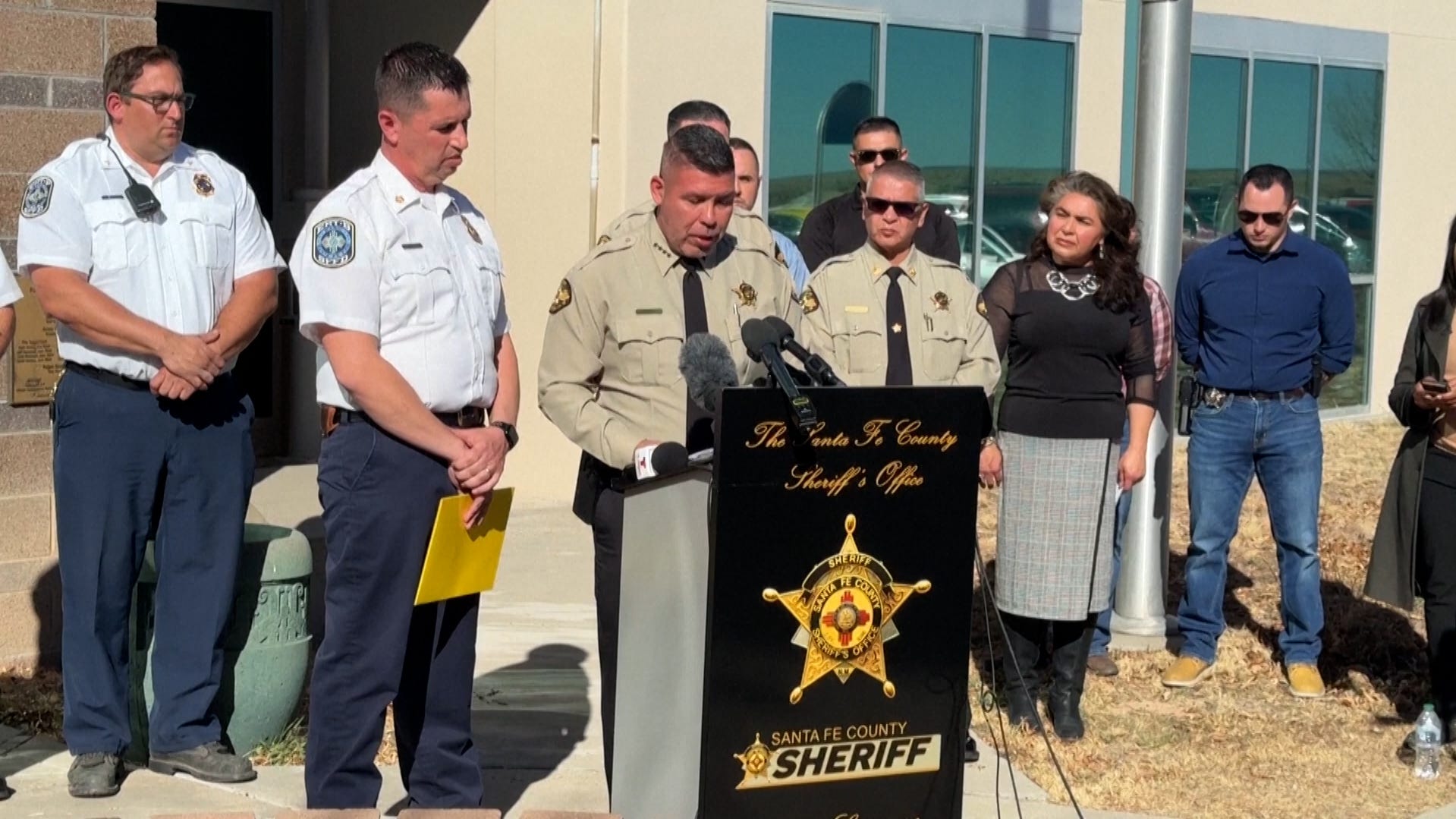Gene Hackman, Betsy Arakawa expose harsh truth of caregiving. We can't go it alone. | Opinion
Humans are meant to live in communities, not isolation. If we, as a society, value love and devotion, we must also support those who embody it.

I pushed open the door, stepping into the dim morning light of her hospital room. The air was thick with the scent of antiseptic, a faint metallic tang that clings to everything. She was sitting in bed, her face set in an expression I know too well, a picture of exhaustion and defiance.
I pulled up a chair beside her bed. “Good morning. How are you feeling today?”
“I’m fine, doctor,” she said quickly, dismissively. “I need to go home.”
I sighed. I’d anticipated this conversation. “You were admitted with a severe case of pneumonia, and your oxygen levels were dangerously low last night. I’d like you to stay for at least another day or two to monitor.”
Her jaw tightened. “I can’t stay. My husband needs me at home.”
Who takes care of the caregiver?
I watched as her fingers trembled against her blanket. She’d spent her later years caring for her husband as his dementia worsened. He depended on her for everything: his meals, his medications, his very sense of reality.
“I understand how much your husband relies on you,” I choose my words carefully, each spoken like a step through a minefield, “but if you go home too soon, you might end up back here. Or worse.”
She shook her head. “I can’t afford to be here another night. He won’t understand where I am. He won’t eat. He won’t take his medicine. If I don’t go home, I don’t know what will happen ...”
My heart clenched at the desperation in her voice. The physician in me wanted to argue, to fight for her health, yet the human in me saw her anguish and the impossible choice she faced.
It was her health, or his survival.
"I admire your strength," I told her. "But who takes care of you?"
For the first time, she looked away. The silence between us was thick with unspoken truths.
Finally, with reluctance, I said, “I’ll discharge you. But only if you promise that if you feel worse, you will come back."
A long pause. Then, she nodded. "I promise."
It was a lie. And we both knew it.
Why is caregiving so hard? Community can help.
As I signed her discharge papers, I thought of Gene Hackman and Betsy Arakawa. How she, frail but devoted, cared for him in his final years. How she succumbed to Hantavirus, leaving him lost, confused, and ultimately following her in death.
It was tragic tale of love and suffering, echoing in countless homes across our country.
I watched as my patient left, hunched over but determined, ready to return to her life of servitude. I should’ve felt relieved, having granted her wish. Instead, grief entwined my heart for the burden she bears alone – that she shouldn’t have to bear alone.
That no one should have to bear alone.
Humans are meant to live in communities, not isolation. We thrive on connection, not detachment. Betsy and Gene’s tragic story is a stark reminder that, irrespective of social and financial circumstances, we all need a helping hand.
So let’s take a moment to connect. Check on your neighbors. Drop off a meal. Offer a helping hand. Sit with someone who is fraying beneath the burden of a loved one’s desperate needs. A small act of kindness could lessen the pain of those who struggle in silence.
If we, as a society, value love and devotion, we must also support those who embody it. In the words of Helen Keller, "Alone, we can do so little; together, we can do so much.”
Let us bring back the power of community – not tomorrow, not someday, but now.
Saad Khan is a hospitalist physician working at Williamson Medical Center in Franklin, Tennessee. This column originally appeared in The Tennessean.